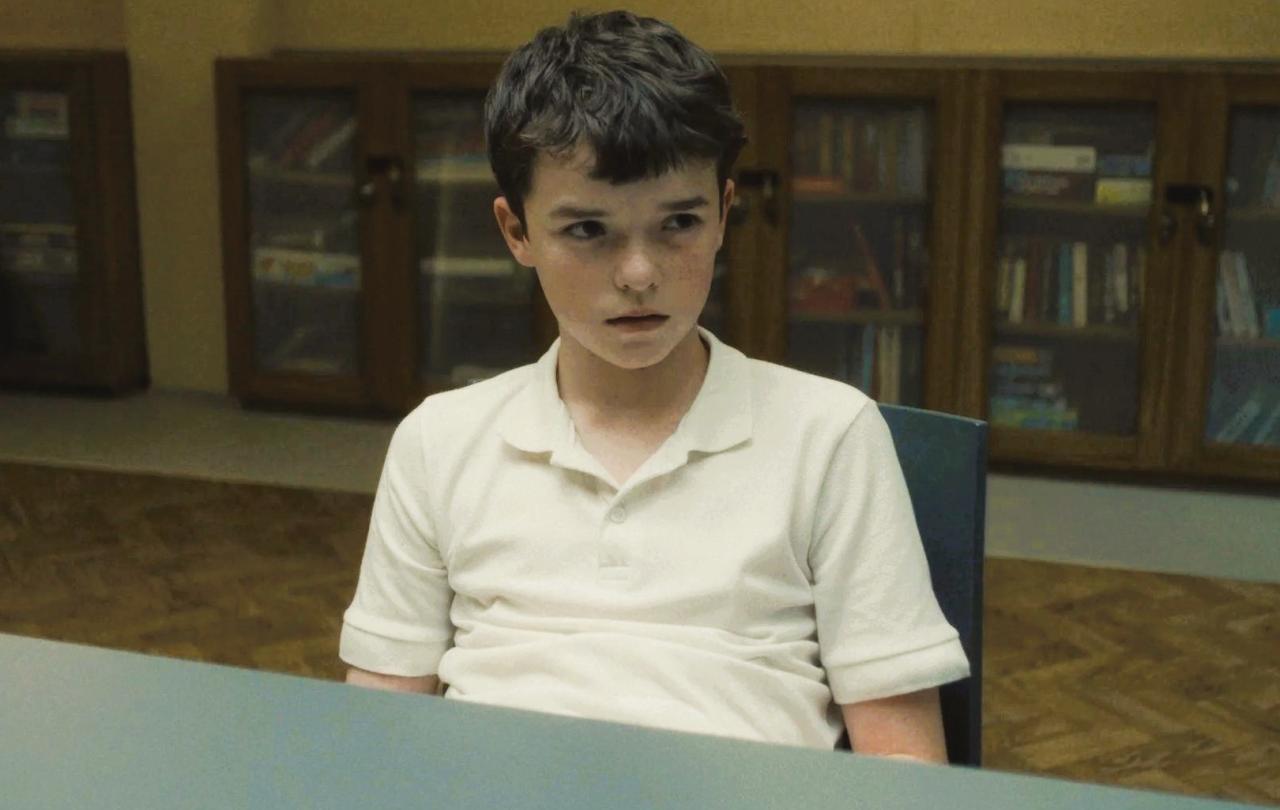In the third episode of Adolescence Jamie, a teenager accused of murder, describes being taken to play football by his dad. He recounts how, whenever he would make a mistake, his dad would look away, seemingly ashamed. There's a pause. His interlocutor, a psychologist sent to assess him, says nothing. The boy challenges her. She's supposed to reassure him. She's supposed to say he wasn't ashamed. There is silence.
This moment captures the show's brilliance in microcosm. Each of the hour-long episodes was filmed in one-shot. There are no cuts away. There is no relief from the reality of a violent act and lives left shattered in its wake. We are forced to stay with the grief, the shame, the wreckage.
Neither does this approach offer any easy answers. Jack Thorne, who co-wrote the show with Stephen Graham, describes it as a 'whydunnit' as opposed to a whodunnit, and yet we end the series not fully understanding. Certainly, it is a show about male rage, about how men and boys are malformed by online misogyny. Rightly we are left asking questions about how a young boy's self-image and view of women can become so distorted. But the murder at the heart of the show is never completely explained.
The show denies us our attempts to explain this away—to make it someone else's problem. Adolescence refuses to comfort us by showing that, really, this is because of an abusive father or a neglectful mother or some other cause. Jamie's parents are imperfect but far from monstrous. They make the kind of mistakes any parent could make.
We cannot integrate this into a neat, therapeutic narrative. Doing so would allow us to exempt ourselves from responsibility. If that story is not our story, we are innocent. Self-contained plots reassure. This unsettles, invites a response.
Adolescence offers a much-needed invitation into a discussion about masculinity and violence. It also raises the possibility that, ultimately, any solution might be beyond us, that this fight might not simply be against flesh and blood, but against something more.
The evil found here is, yes, mundane but it is also mysterious. There is an ineffability to this evil and we cannot look away, and yet it is an evil for which we remain responsible. There is a primordial violence that exceeds and implicates every human heart. Adolescence leaves us convicted and longing for release, perhaps even for the love of a Father who will not look away.






